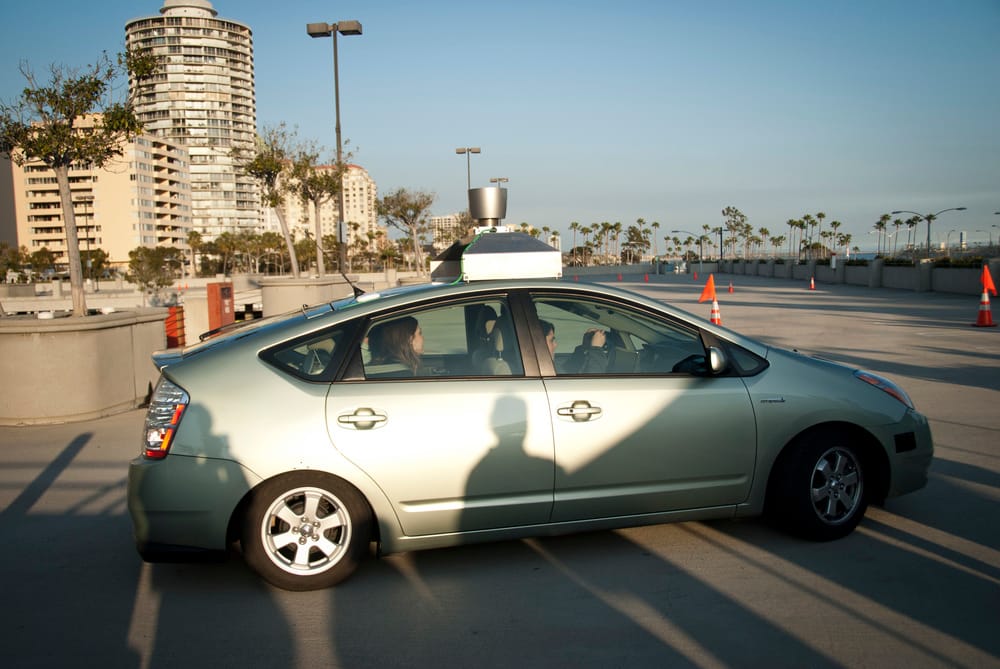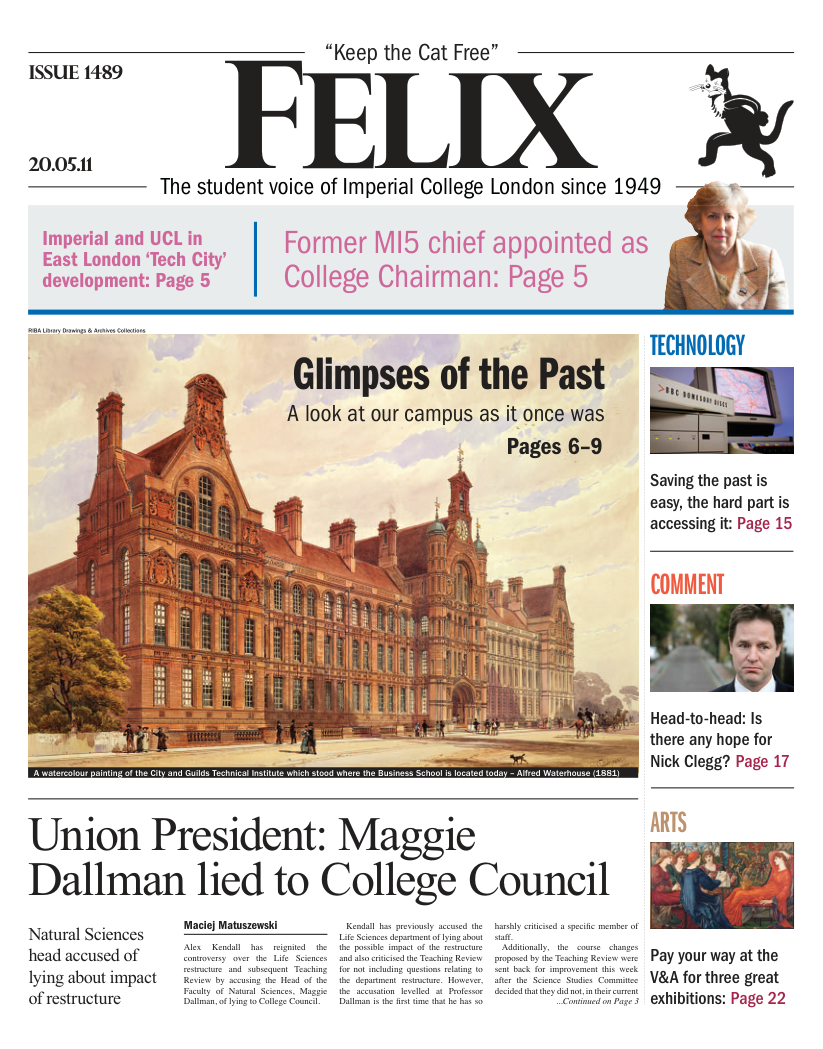Driverless cars on the way
Google pushing for legalisation in the US

If iPads and eReaders don’t make the journey into university feel futuristic enough, meet their hair-raisingly modern companion, the driverless car.
Nothing more than a pipe dream for decades, Google has spent the last few months showing off it’s fleet of driverless Prii (that, shockingly enough, is the ‘official’ plural of Prius). The cars can wheel through a complicated maze of cones in a parking lot at a remarkable 50mph, and have had thousands of miles of practice on California’s state highways. With reports that a Google engineer has actually been testing the car on his daily commute to work and similar experiments happening at Mercedes and Volkswagen, it’s definitely more a question of when rather than whether these robotic chauffeurs hit the road.
Expectedly, Google would rather this be sooner than later, and news emerged late last week that the company has quietly been pushing for legalisation of these vehicles on state highways in Nevada. With a little bit of foresight, they are also pushing for laws prohibiting texting while driving to be revoked, seeing as their vision of the future doesn’t involve anyone actually doing much driving.
It’s not all about the decadence of a voice-activated, GPS-driven hybrid, though. Vehicle manufacturers have for a long time argued that AI driven cars will allow for much better traffic management, fewer accidents and savings on gas bills.
There’s still a lot that has to be ironed out before getting these cars out to the showrooms; the legal ramifications are massive. Will drunken driving still pose the danger it used to? Should the legal ‘driving’ age be lowered drastically? Would you trust your car to pick your child up from school by itself? It’s exciting and scary in equal measure, and it’s about to become very real.








